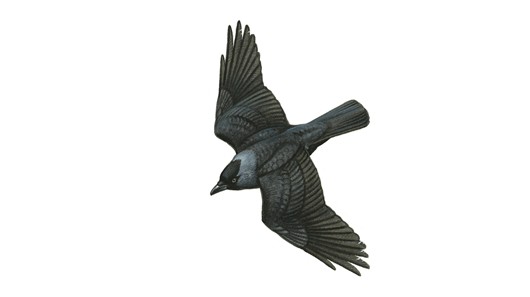This is an old revision of the document!

Social Networks, Activities and Supports
Structural and functional elements of social relationships have been captured across adult life. Study members have been asked how often they meet with friends and relatives at ages 36 (1982), 43 (1989), 53 (1999), 60-64 (2006-10) and 68-70 (2014-16).
In 1989 and 1999, the size of their social network was also captured and marital status has been recorded at every adult sweep.
Memberships of various clubs and organisations have been recorded in 1972, 1982, 1989 and 1999.
Functional elements of adult social relationships, often referred to as social supports, have been captured by items on emotional support received from the closest person (1982, 1989).
In addition, there is some information on childhood social engagement including membership of organisations outside school (ages 8, 11, 15-21), hobbies enjoyed with parents and other children (age 13), religious membership (age 14 and 20) and teacher-assessed contribution to the community life of the school.
Relationships with parents were also captured. Length and reason for separation from the mother up to age six was recorded, and in 1989 study members were asked to recall the quality of the relationship with their father and mother on the Parental Bonding Instrument
<tr>
<td><small><img style="width: 11px; height: 11px;" alt="arrow" src="./Lifetime Social Circumstances_ Social Networks and Supports_files/link_icon.gif"><a href="https://secure.ctu.mrc.ac.uk/lha_nshd/members/childhood.html">Childhood
Health & Development
<td><small><img style="width: 11px; height: 11px;" alt="arrow" src="./Lifetime Social Circumstances_ Social Networks and Supports_files/link_icon.gif"><a href="https://secure.ctu.mrc.ac.uk/lha_nshd/members/Adult_Health.html">Adult Physical
Health
<td><small><img style="width: 11px; height: 11px;" alt="arrow" src="./Lifetime Social Circumstances_ Social Networks and Supports_files/link_icon.gif"><a href="https://secure.ctu.mrc.ac.uk/lha_nshd/members/Adult_Wellbeing.html">Adult Mental Function &
Wellbeing
<td><small><img style="width: 11px; height: 11px;" alt="arrow" src="./Lifetime Social Circumstances_ Social Networks and Supports_files/link_icon.gif"><a href="https://secure.ctu.mrc.ac.uk/lha_nshd/members/Adult_Behaviours.html">Adult Health
Behaviours
</tr>
<tr>
<td><small><img style="width: 11px; height: 11px;" alt="arrow" src="./Lifetime Social Circumstances_ Social Networks and Supports_files/link_icon.gif"><a href="https://secure.ctu.mrc.ac.uk/lha_nshd/members/Anthropometry.html"><span style="text-decoration: underline;">Anthropometry</span></a></small></td>
<td><img style="width: 11px; height: 11px;" alt="arrow" src="./Lifetime Social Circumstances_ Social Networks and Supports_files/link_icon.gif"><a href="file:///G:/SecureServer/LHA_NSHD/members/Lifetime.html"><small>Lifetime
Circumstances
<td><small><img style="width: 11px; height: 11px;" alt="arrow" src="./Lifetime Social Circumstances_ Social Networks and Supports_files/link_icon.gif"><a href="https://secure.ctu.mrc.ac.uk/lha_nshd/members/Biological.html">Biological
samples
<td><small><br>
</small></td>
</tr>

